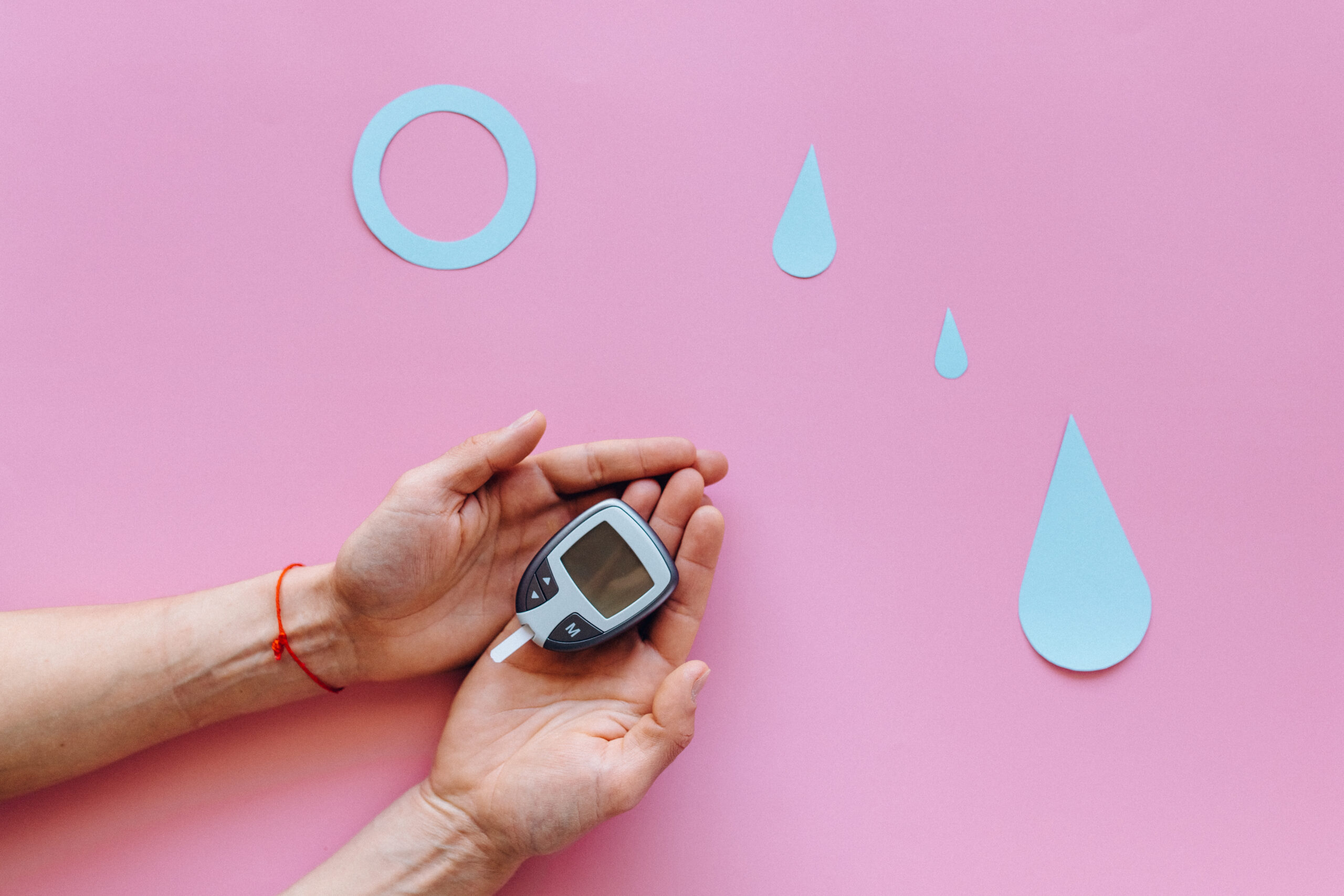How can I manage my blood sugar levels?
Title: Managing Blood Sugar Levels: Practical Tips for a Healthier Life
Introduction:Maintaining stable blood sugar levels is crucial for overall health, especially for individuals with diabetes or pre-diabetes. By actively managing your blood sugar levels, you can prevent complications, improve your well-being, and lead a more balanced lifestyle. In this blog, we will discuss practical tips and lifestyle modifications that can help you effectively manage your blood sugar levels.
1. Eat a Balanced Diet:To regulate blood sugar levels, focus on consuming a well-balanced diet that includes whole grains, lean proteins, healthy fats, and plenty of fruits and vegetables. Avoid processed foods, sugary drinks, and excessive intake of refined carbohydrates. Incorporate complex carbohydrates, such as whole-grain bread, brown rice, and legumes, into your meals to help slow down the release of glucose into the bloodstream.
2. Portion Control:Controlling portion sizes is crucial for managing blood sugar levels. Be mindful of serving sizes and use smaller plates and bowls to help you visually feel satisfied with smaller amounts of food. Consider consulting a registered dietitian to help you create a personalized meal plan that suits your needs and promotes stable blood sugar levels.
3. Regular Physical Activity:Engaging in regular physical activity can significantly improve insulin sensitivity and help manage blood sugar levels effectively. Aim for at least 150 minutes of moderate-intensity exercise per week, such as brisk walking, cycling, swimming, or dancing. Incorporate strength training exercises to build muscle, which can further assist in maintaining stable blood sugar levels.
4. Stay Hydrated:Proper hydration is essential for optimal blood sugar control. Avoid sugary drinks and opt for water, herbal tea, or unsweetened beverages instead. Drinking enough water also helps reduce the risk of complications associated with diabetes, such as kidney problems and dehydration.
5. Get Enough Sleep:Adequate sleep plays a vital role in maintaining healthy blood sugar levels. Lack of sleep can disrupt insulin production and lead to insulin resistance. Aim for 7-8 hours of quality sleep each night to support overall health and proper blood sugar management.
6. Stress Management:Chronic stress can significantly impact blood sugar levels. Practice stress management techniques such as deep breathing exercises, yoga, meditation, or engaging in hobbies you enjoy. Additionally, ensure you have a strong support system to help you cope with stress effectively.
7. Regular Blood Sugar Monitoring:Frequent monitoring of your blood sugar levels is crucial for effective management. Talk to your healthcare provider about the recommended frequency for testing and the ideal target range for your blood sugar levels. Understanding your blood sugar patterns will help you make necessary adjustments to your lifestyle and treatment plan.
Conclusion:Managing blood sugar levels is essential for overall health and well-being. By adopting a balanced diet, controlling portion sizes, engaging in regular physical activity, staying hydrated, getting enough sleep, practicing stress management, and monitoring blood sugar levels, you can effectively keep your blood sugar levels within a healthy range. Remember, it’s crucial to work closely with your healthcare provider to create a personalized plan that suits your individual needs. Take charge of your health today and embark on a journey towards better blood sugar management!



